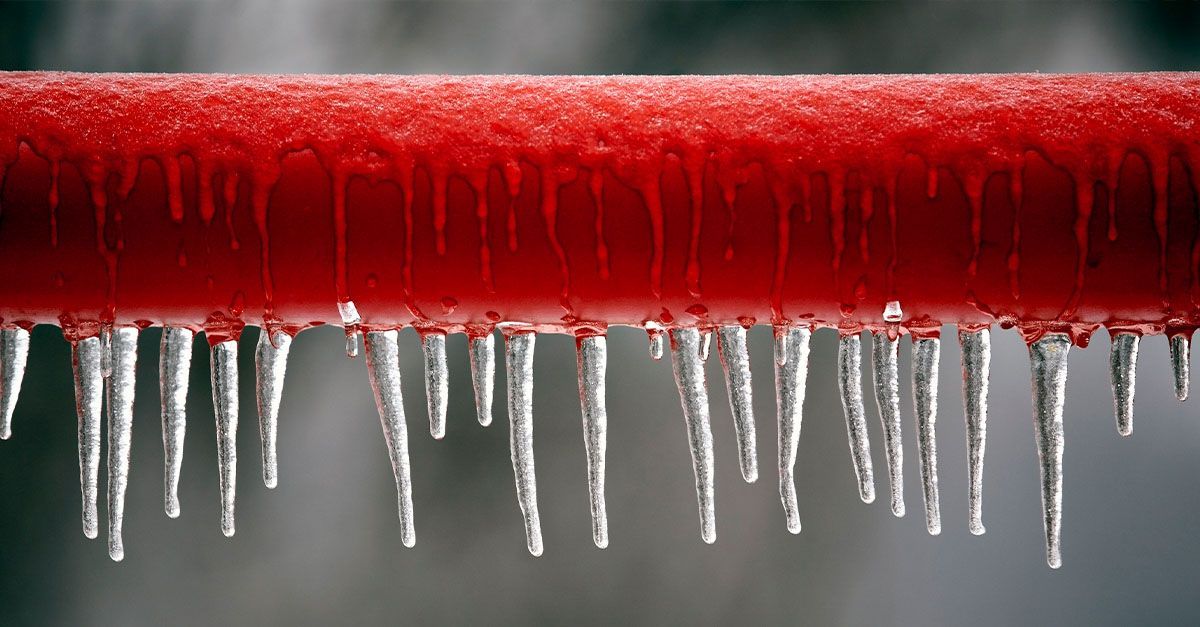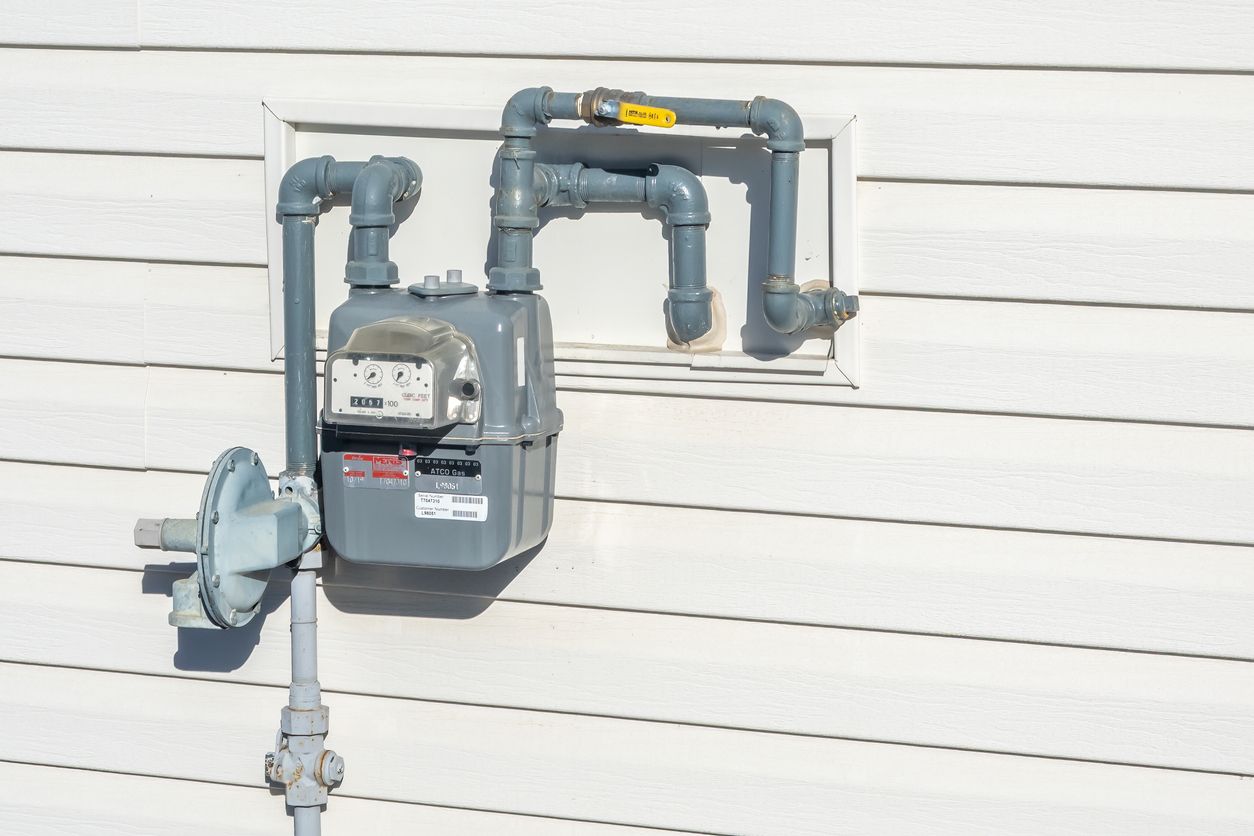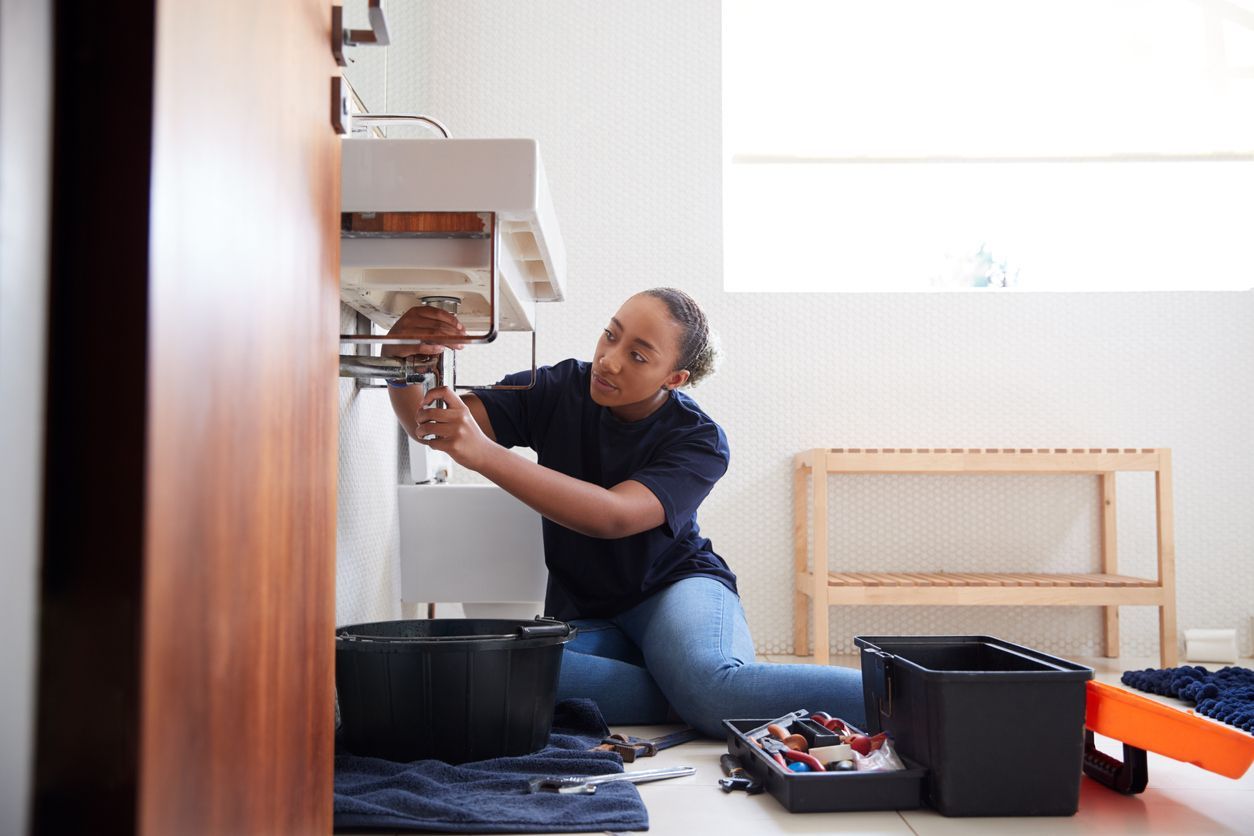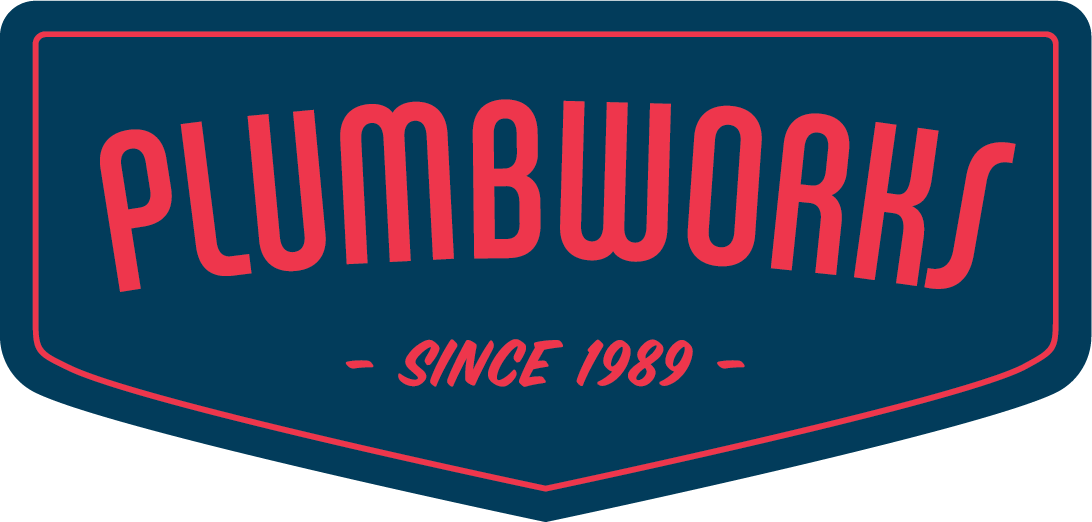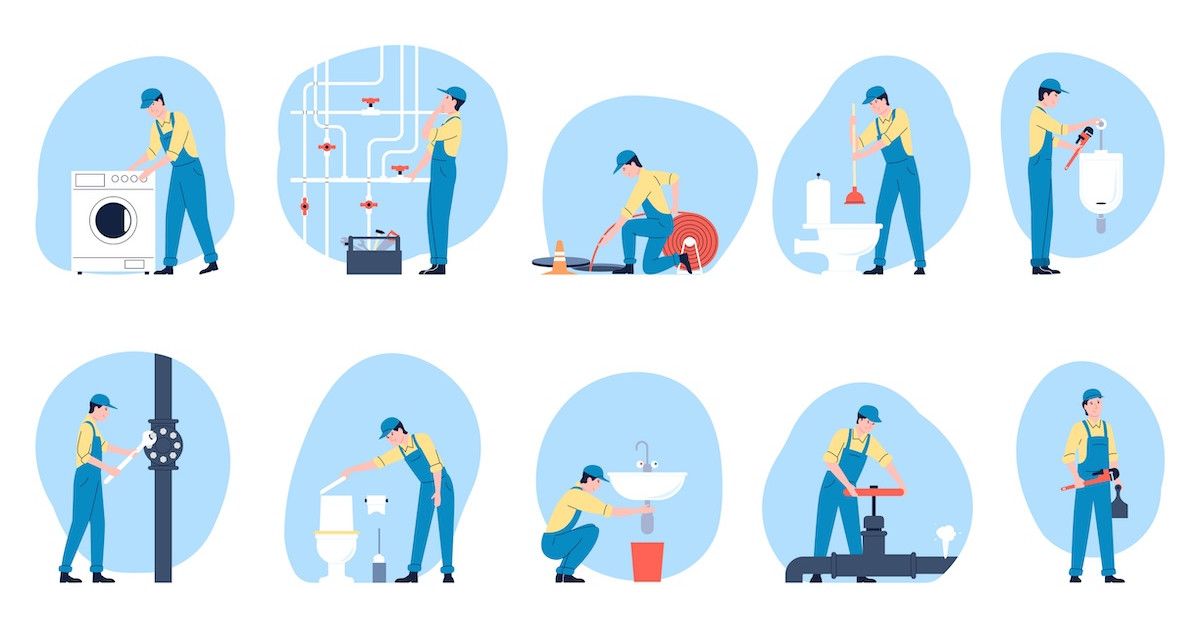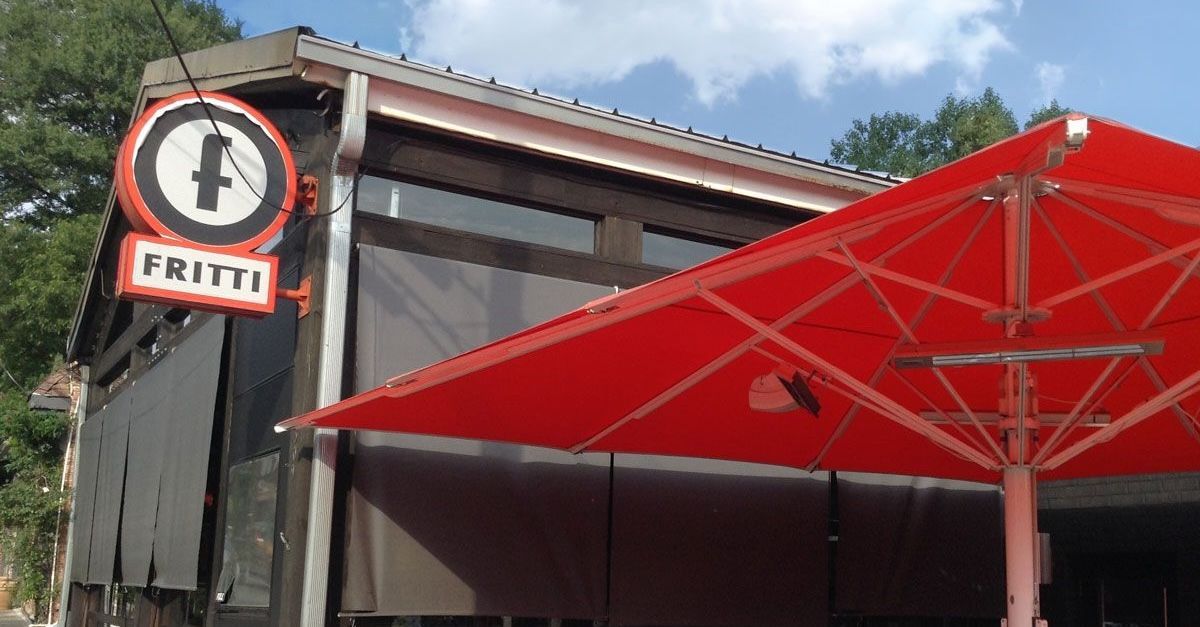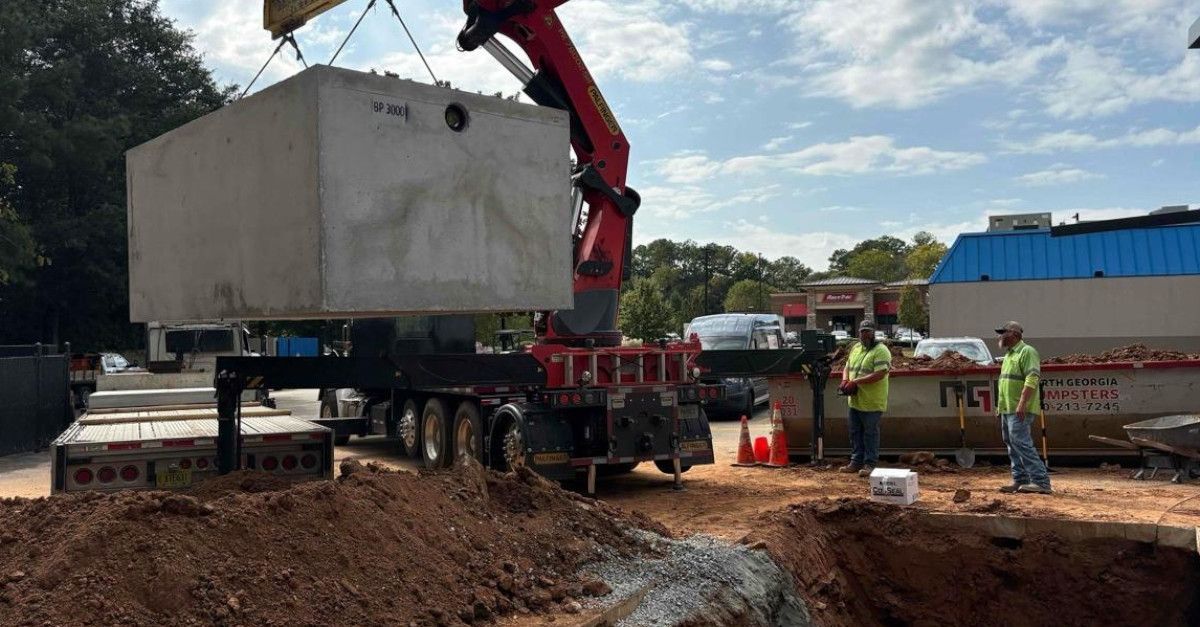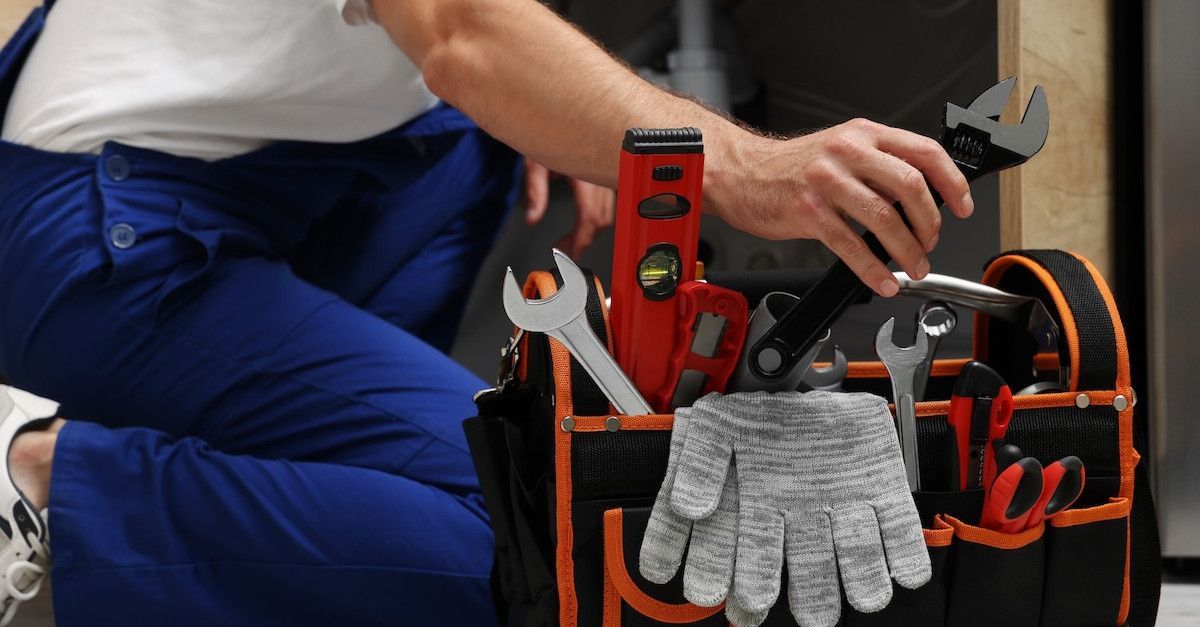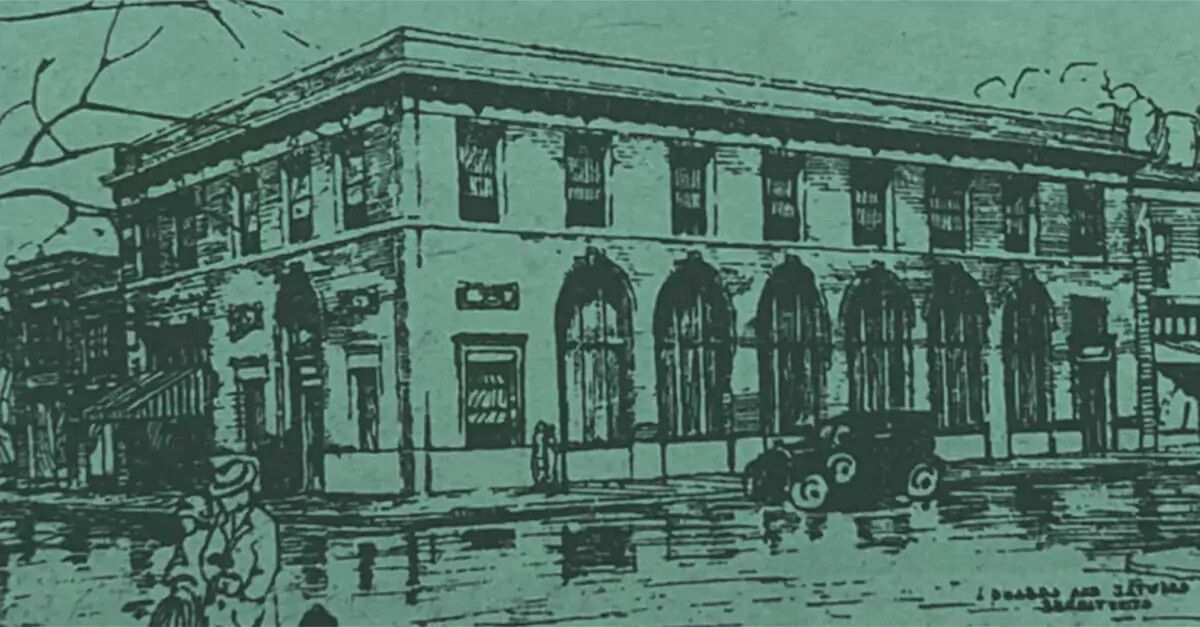Why October Is the Best Time for a Water Heater Inspection
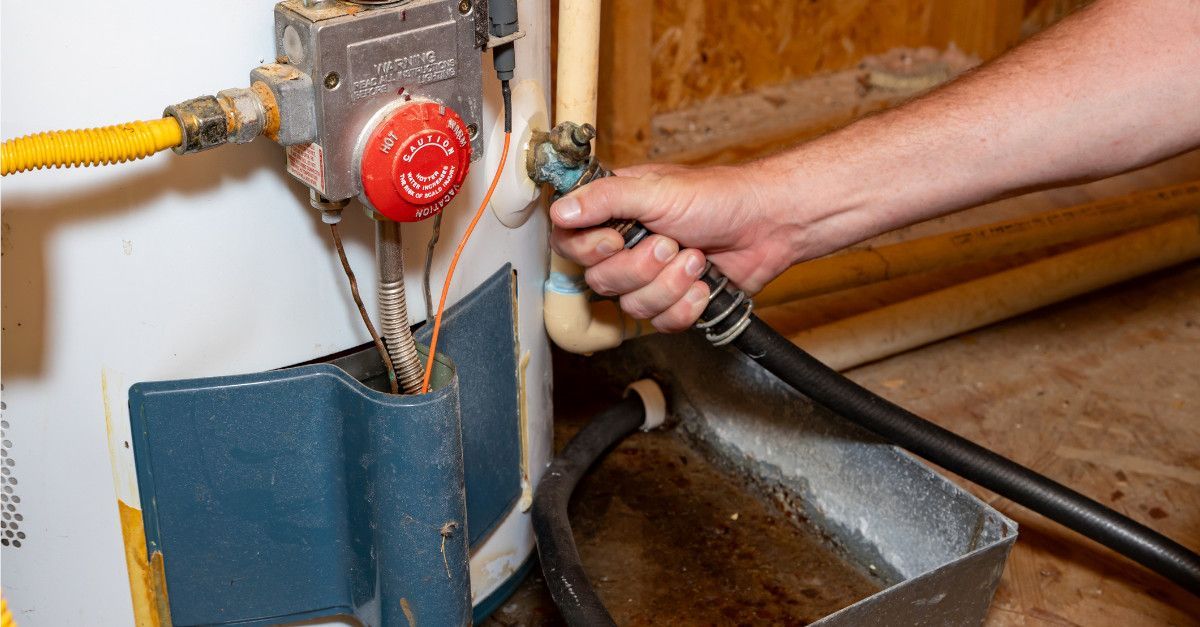
With chillier temperatures just around the corner, your water heater will soon be one of the most relevant items in the house. Before the cold of winter arrives in force, October is the perfect time for seasonal plumbing maintenance to make sure your water heater is ready to bring the warmth when you need it most.
Get Prepping
When it comes to cooler weather, October sits in the midst of a transitional period. The winter months that follow raise demand on your equipment with more reliance on hot water for showers, laundry, dishes and more. Inspecting your water heater in October not only helps ensure its operating at peak efficiency, but it also helps prevent the likelihood of winter breakdowns. It’s a great opportunity to catch issues early, such as corrosion, leaks, or sediment buildup. And scheduling a water heater inspection and maintenance in October is a good way to avoid delays during the busier winter season.
What to Do
According to the Federal Performance Contracting Coalition, water heater inspections should take place annually for both gas and electric models, and include a checklist of procedures. This includes examining the anode rod for corrosion, checking the pressure relief valve, removing sediment by flushing or draining the tank, looking for signs of leaks or rust, inspecting the burner in gas models and the electrical components in electric models, testing the heating elements and thermostat, and making sure the venting system is working properly.
Boosting Efficiency
Inspecting your water heater in the fall and undergoing maintenance can help boost its efficiency by as much as 20 percent and lower energy costs. For example, annual maintenance, such as tank flushing to remove sediment, improves performance and cuts back on energy use.
Protecting Your Investment
Regular maintenance helps extend the lifespan of your water heater by protecting key parts and combatting wear. This allows you to make the most out of your investment and lessen the risk of premature failure and an early replacement.
Playing it Safe
A water heater inspection gives professionals the ability to catch an array of safety hazards, preventing dangerous issues like gas leaks, fires, explosions, and carbon monoxide poisoning. Crucial checks and the maintenance of key components, such as the anode rod, pressure relief valve, and fuel sources, help inspectors address problems before they happen.
Scheduling Your Inspection
Time is of the essence, and the Plumb Works team is here to provide water heater inspection and maintenance this fall. Don’t hesitate to lean on our seasoned professionals for a consultation by calling 404-524-1825 or scheduling an appointment online .
